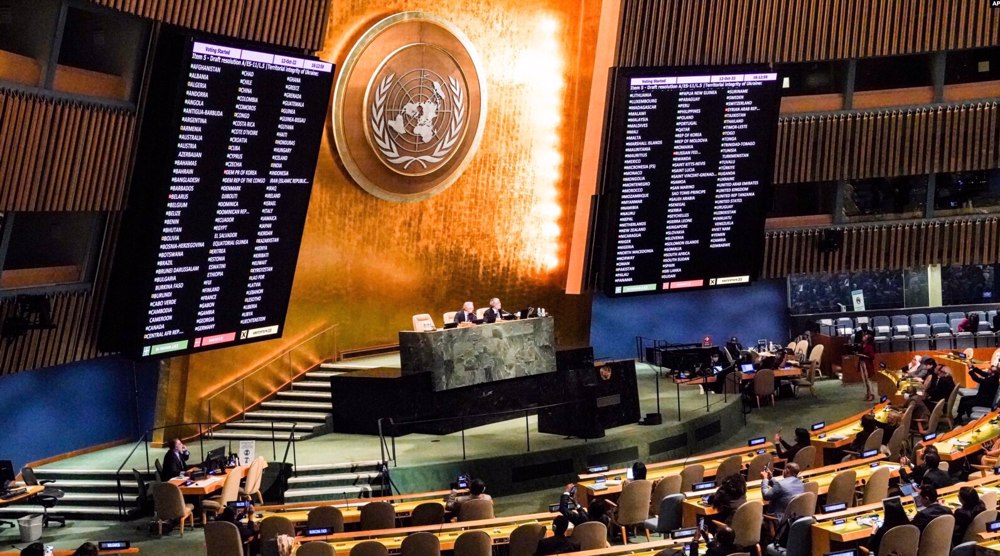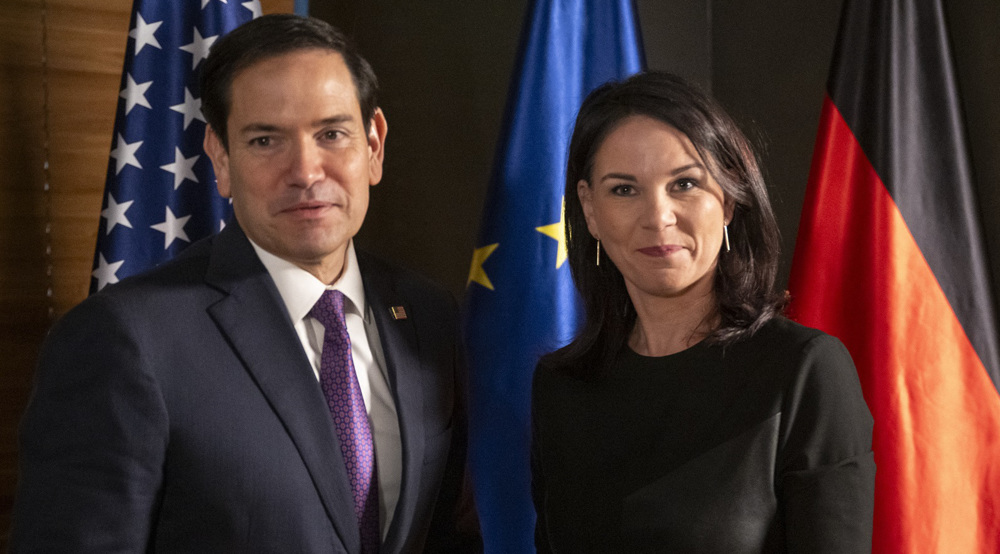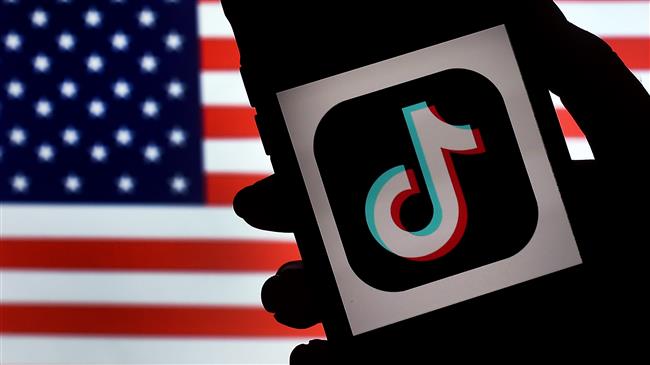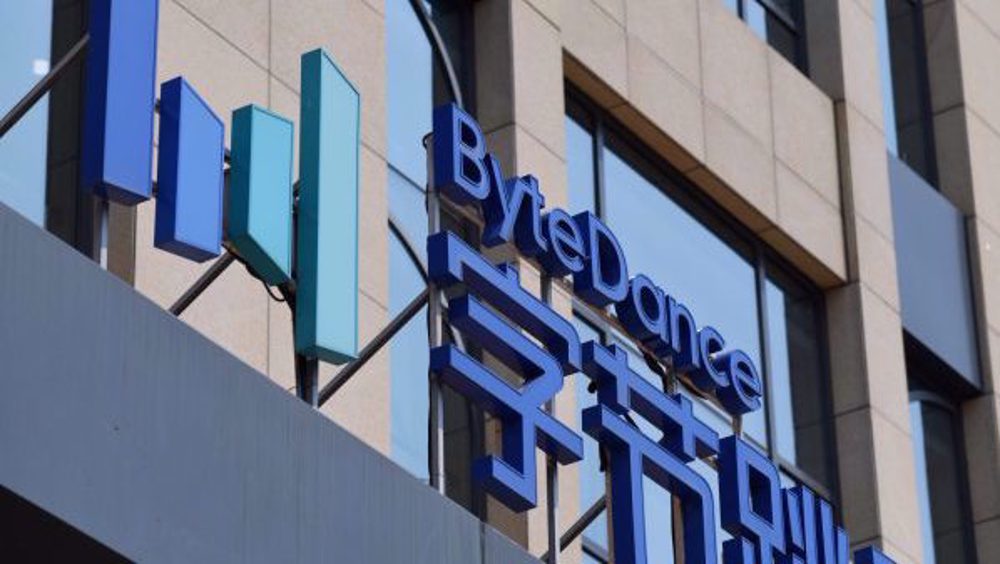Joe Biden reconsiders Donald Trump’s effort to ban TikTok
The administration of US President Joe Biden is backing off the efforts by former President Donald Trump to ban the wildly popular video platform TikTok.
The decision by the new US administration comes as the Chinese-owned app continued negotiations over its future.
The Trump administration contended TikTok posed national security concerns as the personal data of US users could be obtained by China’s government. TikTok, which has over 100 million US users, denies the allegation.
The former Republican president had attempted to force the sale of TikTok owned by Beijing-based ByteDance to an American company. If no deal was reached, Trump said TikTok would be effectively blacklisted in the US.
Courts, however, have repeatedly sided against Trump's effort to impose a ban on the company, ruling that the move appeared to be politically motivated.
In a court filing on Wednesday, US Justice Department lawyer Casen Ross said the new administration was reviewing whether TikTok was the threat to national security.
"A review of the prohibitions at issue here may narrow the issues presented or eliminate the need for this Court's review entirely," Ross wrote.
The US Commerce Department “plans to conduct an evaluation of the underlying record justifying those prohibitions”, the filing said.
The Biden administration has made clear that it intends to review all of the China-related measures that Trump took in his final months in office, including those related to TikTok.
Experts believe the US has long been using national security concerns as an excuse to place a ban on Chinese communication apps and technologies.
In addition to this dispute, Washington and Beijing have been at loggerheads over a range of other issues.
Since the coronavirus epidemic broke out in the Chinese city of Wuhan in late December last year, Beijing and Washington have clashed over the virus’ origins.
More recently, the US and China have clashed over Hong Kong, Taiwan, and the South China Sea. The two countries have also been engaged in a trade war over issues such as cyber security and intellectual property since 2018.

US to propose own UN resolution on Russia-Ukraine conflict

US pressurizes Iraq to resume Kurdish oil export or face sanctions: Report

Germany: Europe should pressure Trump to prevent US-Russia alliance
Netanyahu: Israel won't allow Hayat Tahrir al-Sham forces in southern Syria
Hezbollah leaders’ historic funeral showed resistance strength: Islamic Jihad
Iran reports surge in air traffic as Austrian, Lufthansa resume flights
VIDEO | South Africans set to lobby government to isolate Israel
IRGC chief: Nasrallah decisive figure in regional equations with global dimensions
VIDEO | Press TV's News Headlines
Netanyahu's son 'exiled abroad for hitting his father': Knesset member
Iran money supply up 28.4% y/y in late January: CBI












 This makes it easy to access the Press TV website
This makes it easy to access the Press TV website